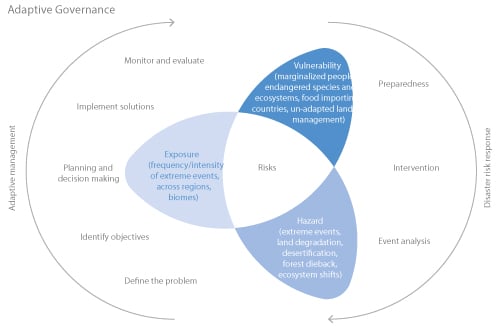Time Change Hope Cooke Download
Posted By admin On 12.12.20Hope Cooke, a poor little rich girl from New York, grew up to marry in 1963 the Crown Prince of Sikkim, a tiny Himalayan country surrounded by India, China, Nepal, and Bhutan. Her autobiography, Time Change, chronicles the circumstances of her life in the East and the political and personal events which kept her from living out the fairy-tale bliss promised by the press coverage of her wedding. Looking back on her life from the comfortable circumstances of summer on Martha’s Vineyard in 1978, she wrote, “I can’t believe what I have endured, yielded in both personal and public matters.” As her story demonstrates, she did endure much, but this first book, which shows the author’s considerable talent, is not told with bitterness or rancor. Instead, Cooke achieves a remarkable semblance of objectivity about her transformation from a somewhat romantic, idealistic young woman into a brave and responsible person.
Cooke relates events in the present tense, a point of view which gives the reader a sense of the immediacy of recent history, a sense of experiencing the events with her. She begins with her earliest memories at age two or three, when she and her sister came to live with their maternal grandparents after their mother’s death. Although the grandparents were financially well off, Cooke felt the sting of lack of nurture throughout her childhood and adolescence. As the child of her mother’s second marriage, Cooke also felt her grandmother’s disapproval of her Irish father, who gave up guardianship of her to the maternal grandparents with apparent willingness. The grandmother’s disapproving and stern nature seemed to prevent her from providing any emotional solace to the bereaved child, nor could the series of good and bad nannies who reared the girls in an apartment across the hall from their grandparents’ place fill the void in the children’s lives. Even Cooke’s half-sister Harriet, who was three years older and much different from Hope in temperament and personality, provided little companionship for the lonely younger child. At least Cooke escaped the knowledge until adulthood that her mother’s death in a plane crash was probably more suicidal than accidental.

Looking for books by Hope Cooke? See all books authored by Hope Cooke, including Time Change, and Seeing New York: History Walks for Armchair and Footloose Travelers (Critical Perspectives on the Past), and more on ThriftBooks.com.
Lisa Halaby
(public domain) “The Fairytale Turned Nightmare?” reads the headline of the New York Times from May 1981 referencing to a lesser known American woman who married into a royal family. That woman was Hope Cooke. It was based on her autobiography. It spoke about how the American media was enamoured with an American marrying Crown Prince Palden Thondup Namgyal of Sikkim in 1963. Time Change: An Autobiography Cooke, Hope on Amazon.com.FREE. shipping on qualifying offers. Time Change: An Autobiography Skip to main content. Enter your mobile number or email address below and we'll send you a link to download the free Kindle App. Then you can start reading Kindle books on your smartphone, tablet, or computer - no. Feb 20, 2020 Biography. Hope Cooke was born in San Francisco on June 24, 1940. On CELEBS TREND NOW, She is one of the successful Historian. She has ranked on the list of those famous people who were born on June 24, 1940.She is one of the Richest Historian who was born in United States.She also has a position among the list of Most popular Historian.
Time Change Hope Cooke Downloads

Hope Cooke Daughter
Summer vacations at her grandparents’ summer home in Maine relieved the alienation of Cooke’s childhood to some extent. In Maine she felt free and happy with access to woods and beach. /cook-up-a-storm-eng-sub-free-download.html. In New York she felt happy in the classroom, where she enjoyed writing and social studies, but she was unhappy at the boarding school in Virginia where she started high school. The death of Cooke’s grandmother when she was about halfway through high school left her homeless again as her grandfather had died several years before. Cooke’s new guardian, her Aunt Mary, then lived in Iran with her diplomat husband, Selden Chapin. In Cooke’s eyes her Aunt Mary, with her vivacious personality and many opportunities to travel to foreign lands, lived a charmed existence. What was to be merely a second summer visit to Iran turned into a prolonged stay for Cooke so that she could finish high school in the Community School in Tehran. Her stay in Iran, where she felt more at home than anywhere she had been, proved to be one of the happiest times of her life. Life in Iran, with the embassy parties and even invitations to one of the Shah’s palaces, provided a liberating change from the bleak boarding-school existence of Cooke’s last few years. Her interest in the foreign culture, however, was far deeper than a mere preoccupation with the social whirl of life associated with the diplomatic corps. Even at sixteen, she was sensitive to social issues: she loved to mix with the local people, saw the diplomatic corps as reinforcing elitist rule, and sensed inevitable revolution. The pinnacle of her stay was a trip into India, which sparked her continuing interest in the Far East even after her return to the United States and enrollment at Sarah Lawrence College, where she..